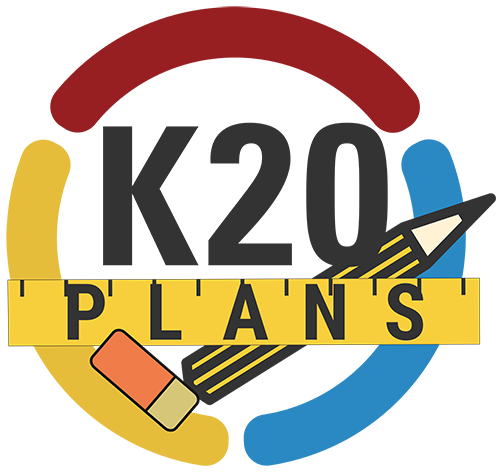Engage Students by Connecting Coursework to Future Goals in College and Career
Engaged students that understand the experiential application of their classwork to their future are likely to be better prepared for class, are absent less often and have better school/life organizational skills.
Attachments
Tags
- College and Career Readiness
- College Preparedness
Domains
- Affective Engagement
- Cognitive Engagement
- Emotional Engagement
- Perception of Barriers
Abstract
Engaged students who understand the experiential application of their classwork to their future are likely to be better prepared for class, are absent less often, and have better school/life organizational skills. Student engagement can be boosted by providing more experiential (i.e., real-world) learning, such as internships, job shadowing, industry tours, career talks, or other events that engage community employers with students to provide them a glimpse of the world of work. Such real-world experiences lead to a heightened value of school subjects such as STEM and higher engagement in school. When students feel cared for and connected to caring adults, their teachers, families, and the community, these positive relationships bolster school engagement even more so.
Literature Review
Connecting students’ coursework to their future goals makes learning and coursework feel more personal and important and heightens the perceived utility value. When students believe that their work is meaningful and contributes to their future success, they will be more excited, engaged, and perform better (Rumberger, et al., 2017). Connecting coursework to future goals in college and career also positively influences graduation rates and reduces high school dropout rates.
It is imperative that students see the value of their efforts in school and the importance of their work. There are methods for encouraging students to understand the real-world importance of attending and being engaged in school. Some activities that support the development of and connection to career aspirations are job shadowing and workplace visits (Buzzeo & Cifci, 2017). When on these college and career-focused visits, hands-on activities help students develop a variety of skills both specific to a career and valuable to the general world of work. Additionally, these visits help students to better understand what educational and vocational skills they can aim to develop in pursuit of those careers (English, 2018). Opportunities for students to engage with potential employers and professors while in high school can strongly influence students’ career aspirations, and the formation of attainable goals, and build their confidence in how to move towards those goals on a particular career pathway (Mason et al, 2021; Kitchen, et al, 2020). The more conversations students have with professionals in their career exploration journey from high school to graduating college, the higher their future earnings by age 26 (Kashefpakde and Percy, 2017).
Students who are engaged and can see the real-world application of their schoolwork to their future demonstrate better performance in ways like being prepared for class, having good attendance, and managing their schoolwork with their life outside of school. Curriculum with clear connections to specific careers or college majors supports students in building their own pathway to their future (Rumberger et al., 2017). Teachers can support student engagement by getting to know their students’ career interests and demonstrating connections to those interests in their schoolwork, therefore increasing the perceived utility of schoolwork.
Applications
Integrate college and career lessons and activities into coursework
- Provide professional development and resources to teachers to implement LEARN lessons with ICAP connections
- Integrate game-based learning focused on college and career using, Mind Your Own Budget, AdvanceU: The TALENT Machine and Get a Life and the corresponding curriculum (https://learn.k20center.ou.edu/search?type=games)
- Incorporate student activities focused on college and career into coursework on a regular basis (https://learn.k20center.ou.edu/search?type=student-resources)
- Set up job shadow/workplace visit experiences for students to see what real-world work environments are like
- Hold events where students have the opportunity to converse with professionals and professors in areas of their career interest
Citations
Buzzeo, J., & Cifci, M. (2017). Work experience, job shadowing and workplace visits: what works?
English, N. (2018). Job Shadowing as a Mechanism for College and Career Readiness (Doctoral dissertation, University of Pittsburgh).
Kashefpakdel, E. T., & Percy, C. (2017). Career education that works: An economic analysis using the British Cohort Study. Journal of Education and Work, 30(3), 217-234.
Kitchen, Joseph Allen, Gerhard Sonnert, and Philip Sadler. "Campus Visits: Impact of a College Outreach Strategy on Student STEM Aspirations." Journal of Student Affairs Research and Practice 57.3 (2020): 266-81. Web.
Mason, C. M., Burns, S. M., & Bester, E. A. (2022). Supporting students' employability through structured, event-based engagement with employers. Education+ Training, 64(5), 598-618.
Rumberger, R. W., Addis, H., Allensworth, E., Balfanz, R., Bruch, J., Dillon, E., … & Newman-Gonchar, R. (2017). Preventing dropout in secondary schools. Educator's practice guide. What Works Clearinghouse. NCEE 2017-4028. What Works Clearinghouse.

